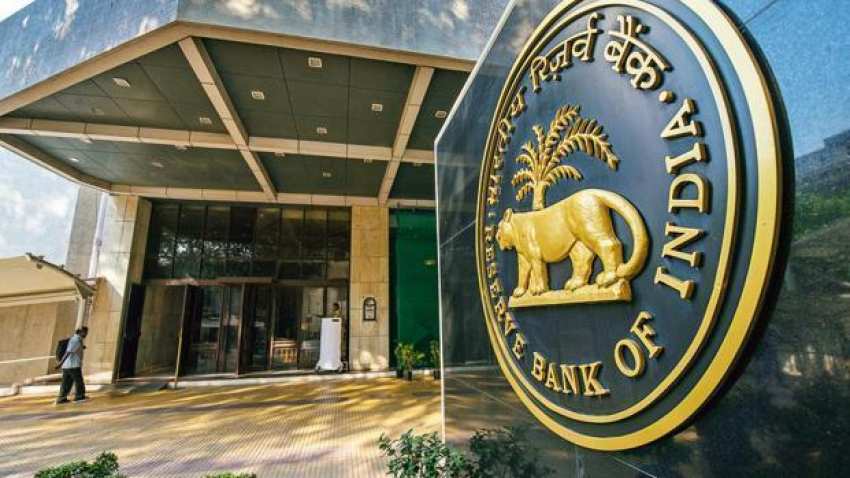India’s central bank plans to raise governance rules to strengthen the more than 1,500 urban co-operative banks after a scam at Punjab and Maharashtra Co-operative Bank (PMC) exposed cracks in the system earlier this year.
Reserve Bank of India (RBI) will soon be setting new regulations regarding maximum exposure to a single borrower to reduce risks in the system, said a Board member of RBI on condition of anonymity.
The development comes after it was discovered that PMC used more than 21,000 fictitious accounts to hide loans it made to a single corporate borrower. PMC’s loans to Housing Development (HDIL) and Infrastructure Limited, a realty company stood at 65 billion rupees ($905.7 million), which accounts for 73% of its overall 88.8 billion rupee loan book.
The RBI will also bring large urban co-operatives under the Central Repository of Information on Large Credits (CRILC) framework. This will require banks with assets of 5 billion rupees and more to report loan-related information to this database, helping regulators detect signs of debt stress and potential default.
At present, only scheduled commercial banks are required to report information to CRILC which bankers say has played a significant role by serving as an easily warning signal.
The RBI is also looking into strengthening the cyber security framework for these co-operative banks. Details regarding all these regulations are yet to be issued.
The urban co-operative banks typically service small local communities in certain districts or states. Depositors at these lenders are in a relatively higher risk zone, but tens of thousands still bank with these lenders as they typically offer better interest rates on deposits.
Meanwhile, media reports indicate that the proposed amendments in the law could get the Cabinet’s approval as early as this week.
“The finance ministry has received inputs from the RBI and has finalised the amendments to the law,” the official said, quotes livemint.
Business Standard quotes that according to the last consolidated number available in the RBI’s Report on Trend and Progress of Banking in India 2017-18 they have deposits of Rs 4.56 trillion and advances of Rs 2.80 trillion in 2017-18.
“Urban co-operative banks, which are to come fully under the BR Act, will be subject to Basel III guidelines like commercial banks — as on date, they are under the dated Basel I. And these banks can be expected to get a transition period to comply with the same”, the daily writes.
